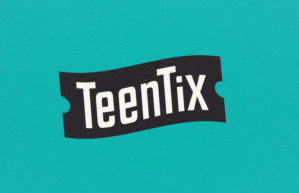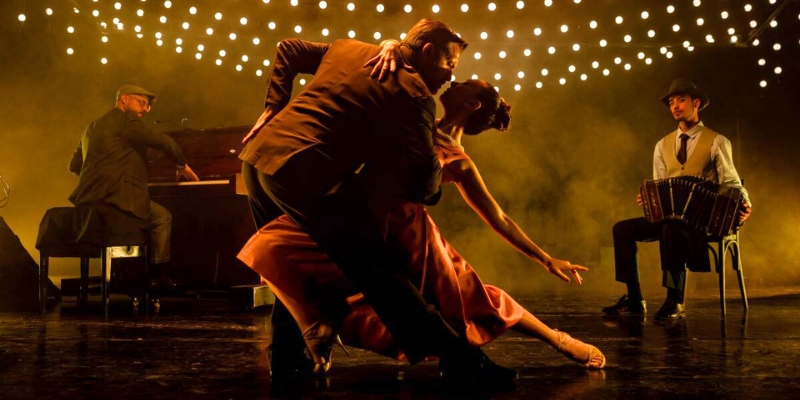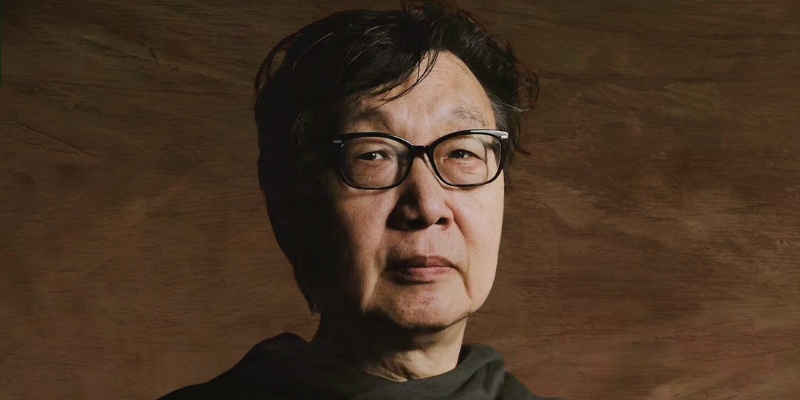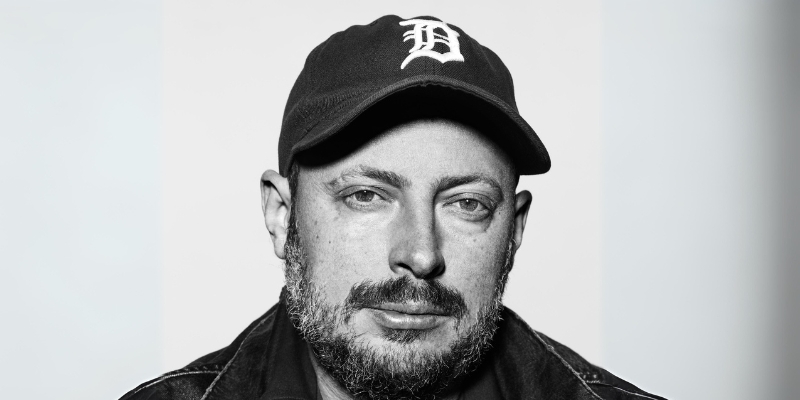This article was originally written and published as part of the TeenTix Press Corps, a program that promotes critical thinking, communication, and information literacy through criticism and journalism practice for teens. This piece was written and edited by members of the Teen Editorial Staff, the leadership board of the Press Corps. Town Hall is thrilled to partner with the TeenTix Press Corps to help amplify these young writers’ voices.
Written by Lily Williamson
When I think about America, especially in our current political climate, I think about prejudice. Bigotry seems to have infected every part our nation and, as a teen, it often feels like reducing the amount of discrimination in our country is simply impossible. Many current events and happenings in the news pile on, spreading hate and contributing towards a perpetual feeling of political stagnation and ambivalence. But Vishavjit Singh, in both his exhibit, “Wham! Bam! Pow!” at the Wing Luke Museum, and talk, “Vishavjit Singh: Sikh Captain America” at Town Hall Seattle, shows that combating discrimination, while not an easy task, is something each and every one of us can and should be working towards.
Singh, a self-described “accidental cartoonist” and former software engineer, was pressured by his parents to pursue a career in the sciences. He was inspired to start drawing in the aftermath of 9/11, after experiencing and witnessing harassment and discrimination against anyone who looked similar to the perpetrating terrorists. Singh remembers finding out that the towers had been attacked—he was at work when he saw it on TV. Immediately, another employee was staring at him. Singh states that “his angry, bloodshot eyes was my first introduction of things to come.” And things only got worse—as Singh was driving home, “just about every driver on the road… took time to flip [me] off or scream at [me] in anger.” In the period directly after the attack, Singh had to work from home in order to avoid harassment.
But Singh realized that the people who were harassing him were “good people” who simply “made that decision to use…ignorance and fear and project it onto people.” So, Singh set out to confront what he calls “turbanphobia”—the “irrational fear of turbans and people who wear them”—using humor. He decided to draw cartoons that feature Sikh Americans, as well as perform on the street by dressing up as a Sikh Captain America (he even visited Seattle as Captain America this past May) in order to start conversations about what an American really is.
Singh’s exhibit, while quite small, makes a statement. It mainly focuses on his cartoons, but also gives an introduction into his activism as Sikh Captain America and his story as a Sikh American who survived the 1984 anti-Sikh genocide. Singh’s art is simple yet bold, and its bright, eye-catching color palettes give his comics an amusing, energetic feel. However, the art’s message is what really shines. Singh’s cartoons are based around the everyday predicaments of Sikh Americans, but they also bring to light the discrimination that many Sikhs are subject to. Many of Singh’s cartoons riff on popular art pieces, such as one entitled We Are From Freaking Right Here, a take on Grant Wood’s famous painting, American Gothic. It portrays a Sikh man and woman in the same pose as the couple in American Gothic, saying “We are from freaking right here. Next question!” By taking inspiration from a well-known painting that was intended to be an example of the everyday American, Singh shows that the typical, everyday American can be anyone, not all of whom are expected.
Singh’s cartoons are so effective because they’re so personable. They tell Singh’s own story, which he believes is the most effective way to combat prejudice. When he sat down with TeenTix to do a pre-show interview, Singh told us that he believes that “sometimes the world will define us by using labels… and [those labels] don’t tell you who [someone] is.” But by “find[ing] ways to tell your story but also creat[ing] a place to listen to other people’s stories,” we can, as a society, become more empathetic towards the struggles of others and start to understand and accept people who are different than us.
The United States has an undeniable problem with unjust discrimination, but that is slowly starting to change—mostly because of activists like Singh who teach lessons about the importance of compassion. Vishavjit Singh’s exhibit shows that change is not only possible, but something each of us can contribute to.
 TeenTix is a youth empowerment and arts access non-profit. For more information about TeenTix click here. To learn more about the Press Corps program, click here.
TeenTix is a youth empowerment and arts access non-profit. For more information about TeenTix click here. To learn more about the Press Corps program, click here.


